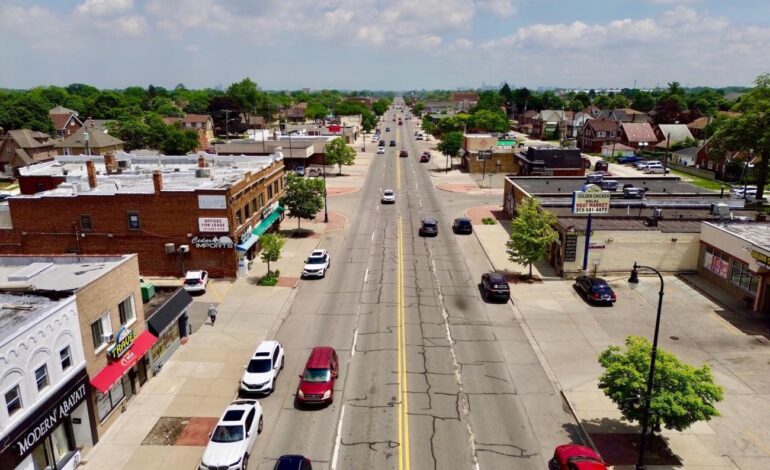By Adel AlAdlani
Donald McGannon once said that “leadership is an action, not a position.” This speaks to the idea that true leadership is not defined by words alone but by decisive, inclusive and transformative efforts. A leader’s worth is measured by their ability to turn vision into reality, to engage communities and to address pressing challenges with tangible solutions. The West Warren Avenue Transformation Project in Dearborn exemplifies this kind of leadership in action. For years, West Warren Avenue has been a vital yet neglected corridor, plagued by traffic safety hazards that endanger pedestrians, cyclists and motorists alike. Rather than accepting the status quo, Dearborn’s leadership, spearheaded by Mayor Abdullah Hammoud and supported by U.S. Representative Rashida Tlaib, pursued federal funding to enact real change. Their success in securing a $25 million grant from the U.S. Department of Transportation’s “Safe Streets and Roads for All” program reflects proactive leadership, one that does not wait for solutions to materialize but actively fights for them.
A key hallmark of leadership in action is the willingness to involve those most affected by decisions. The city’s decision of hosting a public meeting, with English and Arabic-speaking staff and bilingual materials, demonstrates an understanding that true progress cannot happen without community input. Such an action resonates profoundly with Martin Luther King Jr.’s saying “a genuine leader is not a searcher for consensus but a molder of consensus.” By inviting residents and business owners to share their concerns and ideas, Dearborn’s leadership ensures that the project is not imposed from above but shaped by those who use Warren Avenue daily. This approach fosters trust and ensures that the final design reflects real needs rather than bureaucratic assumptions.
Leadership is meaningless without execution. The proposed improvements such as reducing vehicle speeds, constructing pedestrian walkways, enhancing intersections and adding green infrastructure are actually actionable plans. These measures address immediate safety concerns while also considering long-term sustainability. Furthermore, the coordination with the “Warren Façade Improvement Program” shows strategic thinking, connecting infrastructure upgrades with economic revitalization to create a more vibrant and welcoming community space. As Dearborn embarks on this journey, it sets a precedent for how leadership can effectively respond to the needs and aspirations of its constituents, fostering a collaborative and responsive environment for all.






Leave a Reply